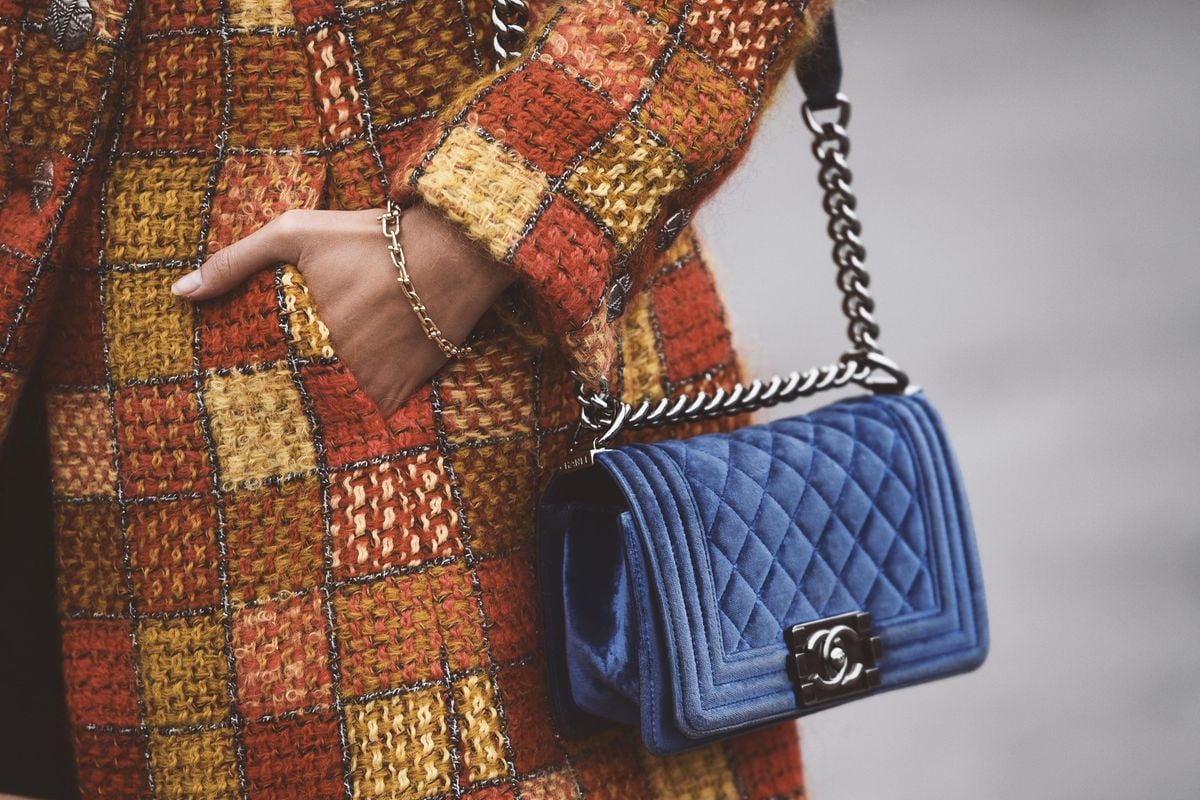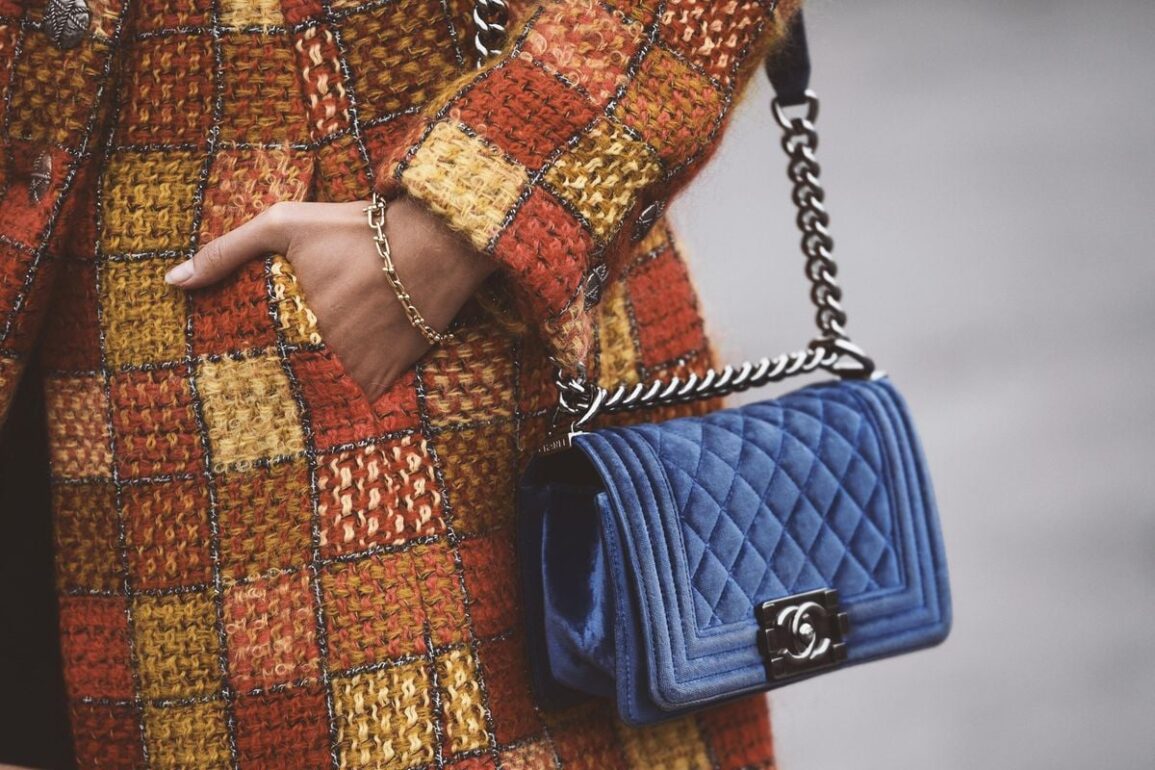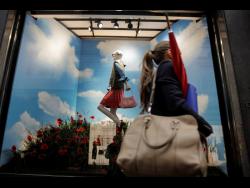
Bronwyne Andabwa loves the finer things in life. For handbags, she prefers either a Gucci, Channel or Louis Vuitton, brands she says speak for themselves and set her apart from everyone else.
Normally, a bag from these brands would cost at least Sh100,000 if she were to buy it new. For a fraction of the amount (Sh3,500), Ms Andabwa can however make lifestyle statements wherever she goes with it, thanks to a booming designer bags second-hand market.
“I travel a lot for work, so I can easily tell apart a fake from an original. When I buy a second-hand bag I am always sure of my purchase because it does not come cheap either,” the 28-year-old says.
Her style is her personality. “I like going all out on my appearance and that includes what I carry and what I wear,” she says.
Designer labels may find it difficult to ignore the fast-growing second-hand luxury business as demand for affordable luxury grows, especially from millennials who have more refined tastes than older generations.
Tracy Nyang, who loves and sells second-hand designer bags in Nairobi describes herself as an aesthete with a good eye for design.
It is this love for beautiful quality handbags that saw her to dive into entrepreneurship and start her business, Tote Plug, in 2019 while still at the university.
Her business was a fluke, the entrepreneur says. Before Tote Plugs, Ms Nyang who studied Civil Engineering had tried without luck to land a job in her profession.
Tale of Faith
“It was the opportunity that came calling,” she says of the story of how she ventured into the lucrative business. She describes it as a tale of faith and coincidence.
“On this day when I had gone to Gikomba Market to do my usual thrifting, I saw very nice bags which I thought would be a nice business idea. I didn’t know how I was going to sell them, but I just started stocking them up and then decided to open an Instagram account where I started marketing them,” she says.
Ever since Tote Plugs has been her main source of income.
Whenever she posts pictures of quality Channel, Gucci, Bottega Veneta, Prada, Coach, Teflar and WSL bags, buyers snatch them up.
“On a good day I can source 12 bags and sell all of them,” Ms Nyang tells the BD Life.
Anita Orpah, another second-hand designer bags trader says business has never been better. She used to sell clothes and shoes before she saw the gap in the market for quality, attractive bags. Women, she says, were looking for a unique and authentic style that would allow their appearance to tell a story but few of the offerings in the market catered to their needs.
The market is alive
“The bag market is alive. Unlike before, I no longer have dead stock,” says the owner of Jaber Fits Kenya, which like Tote Plug, sells the bags online via social media channels.
She says the key to her success has been forming a bond with her customers that borders on friendship.
To get new customers, Ms Nyang says, “Sometimes I have to sponsor advertisements on my Instagram feed. Other times I use Kenyan influencers to advertise my bags on their online stories since they have a wider and larger audience.”
To further narrow her targeting, Ms Nyang sources bags that suit a certain class of women.
“I mostly go for an attractive bag, the space, especially for the working class who want to keep their laptops,” Ms Nyang says.
The plug
“Gikomba is our main source market for the bags. It is always more of an open-air purchase when you go there,” Ms Nyang says.
“I source for the bags every day from Monday to Friday, it is like my happy place when I go to the market. If you want to find something nice you have to be consistent, a lot of the basics come in every day, but the unique stuff comes in once in a while, so you have to be on it like a routine,” she adds
Because she has been buying from the same supplier for a long time, they now operate on a certain level of trust.
“As you get to know them, once they open their bales, they secure the first-grade bags for you and you might get lucky to have one or two designer bags amongst them,” Ms Nyang says.
It’s different for Ms Orpah who hasn’t been in the business for long and has to fight to get her hands on the almost-new bags.
“The problem is the market is not consistent, it’s not every day that you will get good bags,” she says
Unlike before the explosion of social media-driven marketing, Ms Orpah observes now everyone is independently advertising their bags on the internet. Some set their price tags very high so the original Gikomba market sellers take advantage to jack up the prices.
“Designer bags are not as easy to purchase because it’s too pricey and I price my bags according to how I buy them. Sometimes the bags can go for Sh 20,000 so you can’t even buy them and the selling price can also go up to Sh 30,000 which is sometimes hard to get a buyer to invest in such an amount for a second-hand bag,” says Ms Orpah.
Ms Nyang has never priced a pre-owned designer bag beyond Sh5,000. “My most expensive one was a duffel bag, which was very unique and I sold it for Sh4,700,” she says.
The challenges
It might seem very convenient and easy to run an online business without a shop. However, it does have its stumbling blocks. Ms Nyang found this out the hard way when she lost her business page. It is almost like trying to rebuild a burnt-down shop, she surmises.
“When I lost my first page, which had been in existence since 2019, starting over and rebuilding was a daunting task. Luckily, I had already built my clientele and they trusted me even with fewer followers,” Ms Nyang says.
The traders have also had to deal with the stigma associated with second-hand luxury items. In Kenya, most designer items are perceived to be knock-offs.
“Most branded bags I get have brand codes inside, even if it’s missing, someone probably ripped it off, you can still see the brand. Others have QR scans on them,” Ms Nyang says.
The low season
There are also seasons when the bag market slows down due to slow imports, a period between February and April. Most of them have learned the hack of stocking up in January for a later rainy day.
“At the moment I bought the stock on Monday and have only sold two bags in five days when I could have sold out a two-shift stock by now,” Ms Orpah admits.
This post was originally published on this site be sure to check out more of their content.





